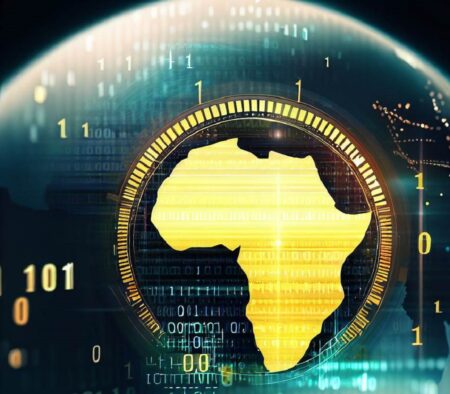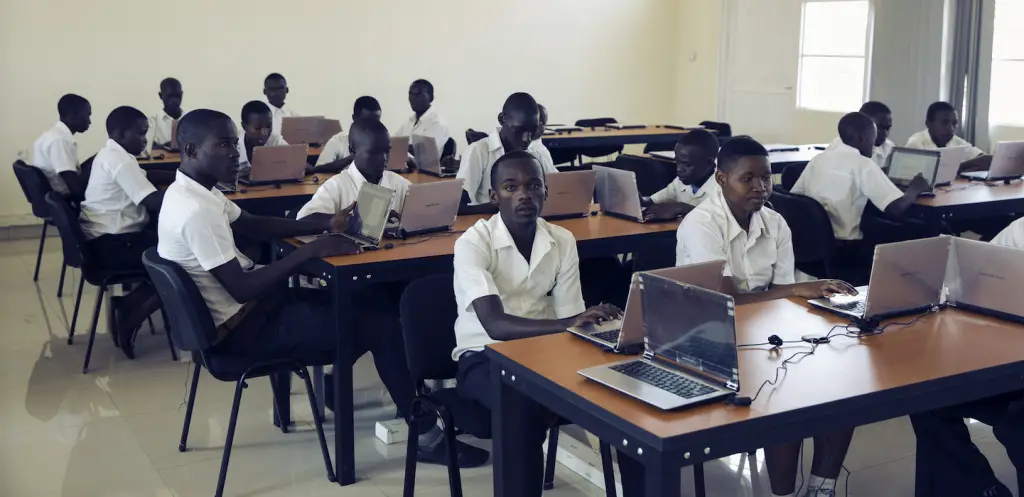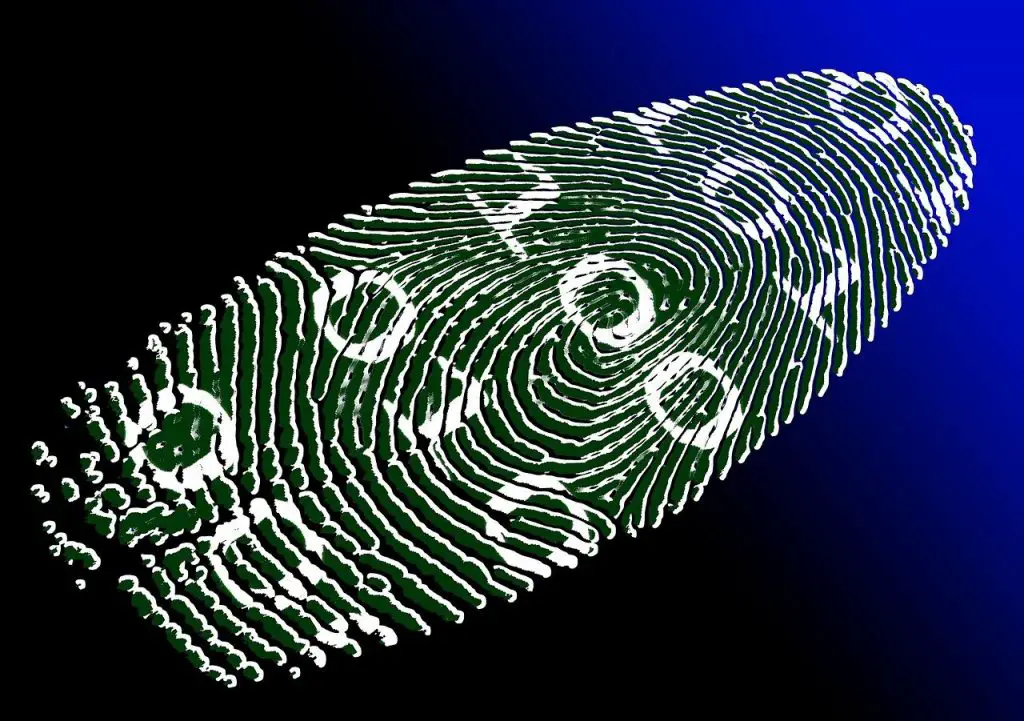- Africa’s new dawn: the rising role of digital and AI in agriculture
- Can Dangote Refinery Transform Africa Energy Ambition
- Gallup Survey: 80 per cent of Kenyan Workers Are Disengaged and Seek New Opportunities
- Madagascar Man Freed from 5KG Tumor After 15-Year Struggle
- How women in Africa are perceived and treated
- Sugar consumption in Kenya to Increase to 1.23 Million Tonnes
- Can Somalia and Turkey Oil deal Bring Change in Somaliland
- Remittances to Kenya dropped to $371.6 million in June, marking a six month low
Browsing: digital
- Africa only accounts for one per cent of the global digital economy. The US, China, and Asia hold dominant positions at 68 per cent, 22 per cent, and 27 per cent respectively.
- Ralph Mupita, President and CEO of MTN cites untapped opportunities in Nigeria’s digital economy, tipping that its potential will double by 2050 to $145 billion.
- Businesses must adapt to Africa’s evolving digital economy and embrace key trends to seize the vast opportunities in the continent.
There is a substantial gap between the digital economy of developed and developing countries in Africa. At the moment, Africa makes up one per cent of the global digital economy, while the US, China, and Asia occupy the top three spots with 68 per cent, 22 per cent, and 27 per cent of the total. This demonstrates how crucial it is for Africa to close the digital divide and capitalize on its growth …
- Sub-Saharan Africa has seen the fastest increase in worldwide Internet penetration, from less than 1 per cent in 2000 to 30 per cent now. The use of the internet in Africa increased by 23 per cent between 2019 and 2021
- The Internet Society has been at the forefront of supporting the construction and growth of worldwide Internet penetration(IXPs), which permit and stimulate local traffic
- The Internet Society has assisted in the development of community networks in South Africa, Zimbabwe, Uganda, Nigeria, Kenya, Namibia, Senegal, Morocco Ethiopia. And the Democratic Republic of the Congo
As the Internet Society (ISOC), a global non-profit organisation that advocates for an open and globally linked Internet, celebrated its 30th anniversary, the organisation demands urgent action to advance Internet growth throughout the African region.
Dawit Bekele, the Africa Regional Vice President of the Internet Society, lauded stakeholders’ progress in expanding access across the continent while encouraging …
Digital ID Africa Financial Inclusion
We can all agree that there is a possibility in the future, for anyone who can’t be digitally identified, the opportunity to access services are slim to none, especially financial services.
A digital ID is a form of identification where an individual can be known via remote means over digital channels. This features a high degree of verification and authentication, uniquely formed with individual consent and also observes user’s privacy and control over personal data. The latter, user privacy is a matter of a different discussion, but for now, the digital inclusion of an individual is paramount to create an electronic footprint in today’s globally connected world.
At present, there are more than 1 billion people who are not legally recognized as they bear no form of any identity (ID). According to World Bank 2018 estimates, almost 48 per cent of these “unknown” individuals exist …
Binary code is a series of 0’1 and 1’s and thanks to the digital revolution that has since unfolded, these series of 0’s and 1’s and is, in multiple digits, lifting Africa out of poverty.
Take Tanzania for instance, a low income East African nation that now has the capacity to increase its annual tax base by a whopping USD 477 million should it better regulate, promote and develop the digital money industry in the country.
Other than the financial gains that are all too obvious, using digital transactions allows for increased transparency in government payments and reduced bureaucratic inefficiencies across most all government ministries and agencies.
Tanzania ranks way up there in Africa’s digital money penetration. In just a handful of years, Tanzania’s mobile money penetration has been unprecedented. With it, “Tanzania is building a firm foundation for strong and inclusive growth and we look forward to further progress,” …








